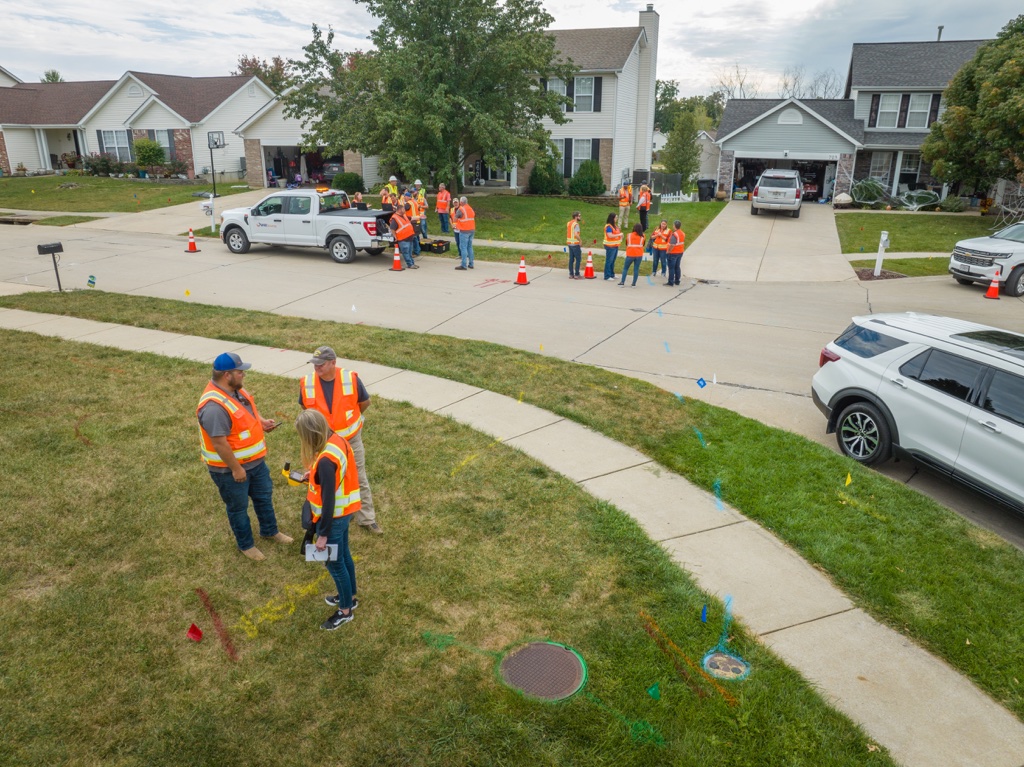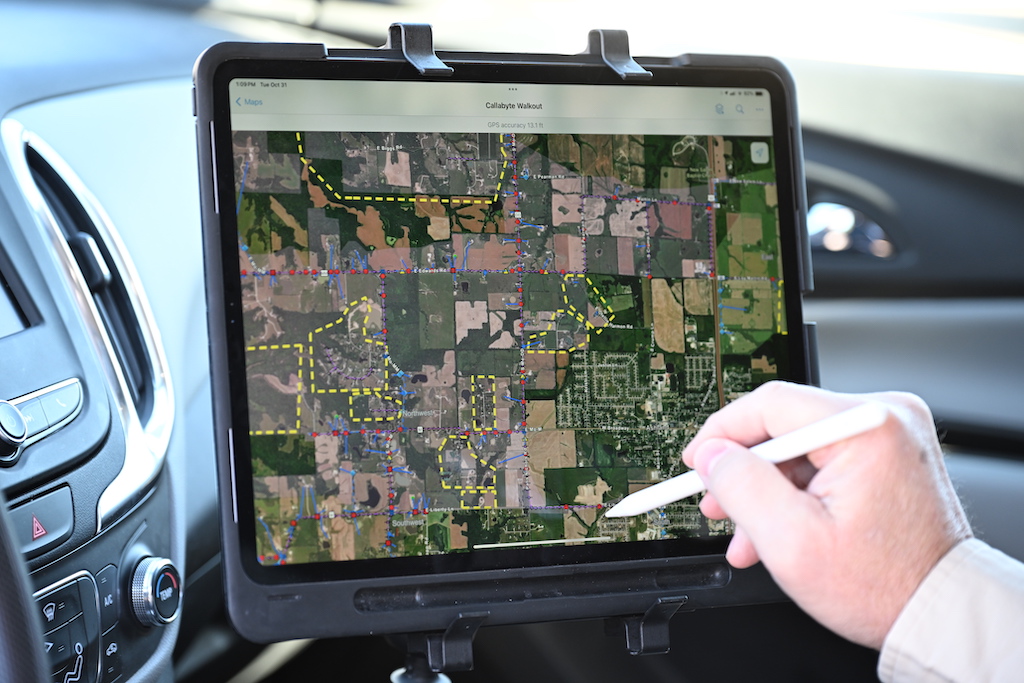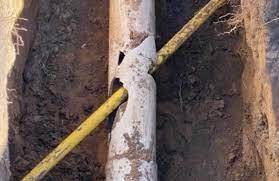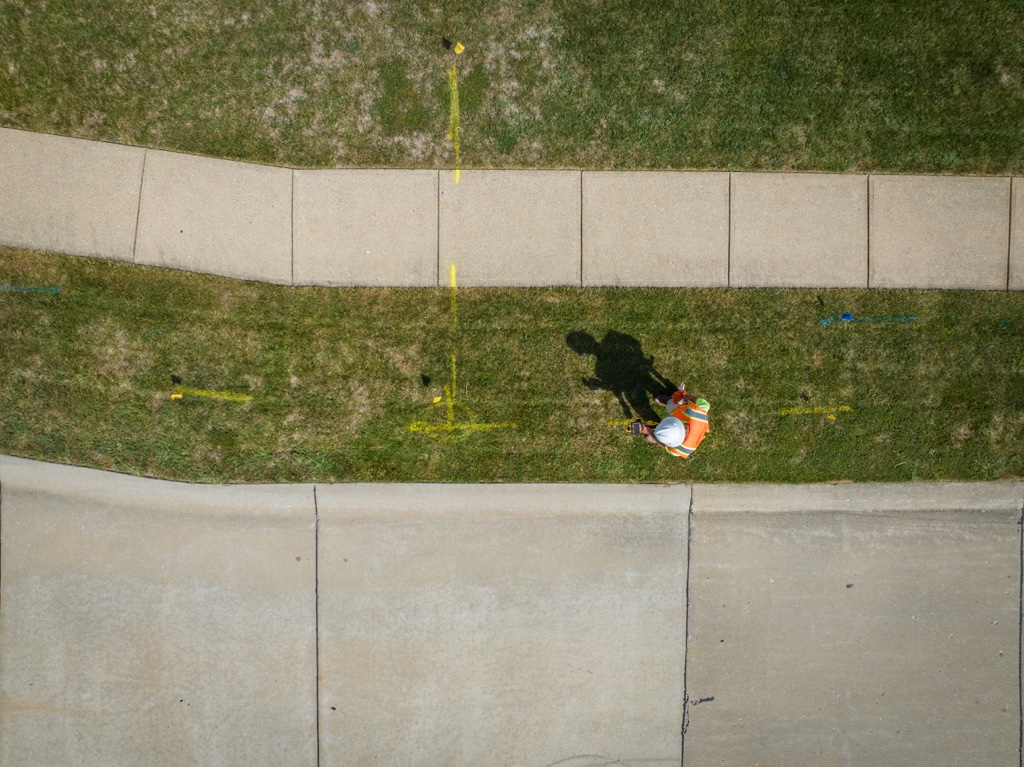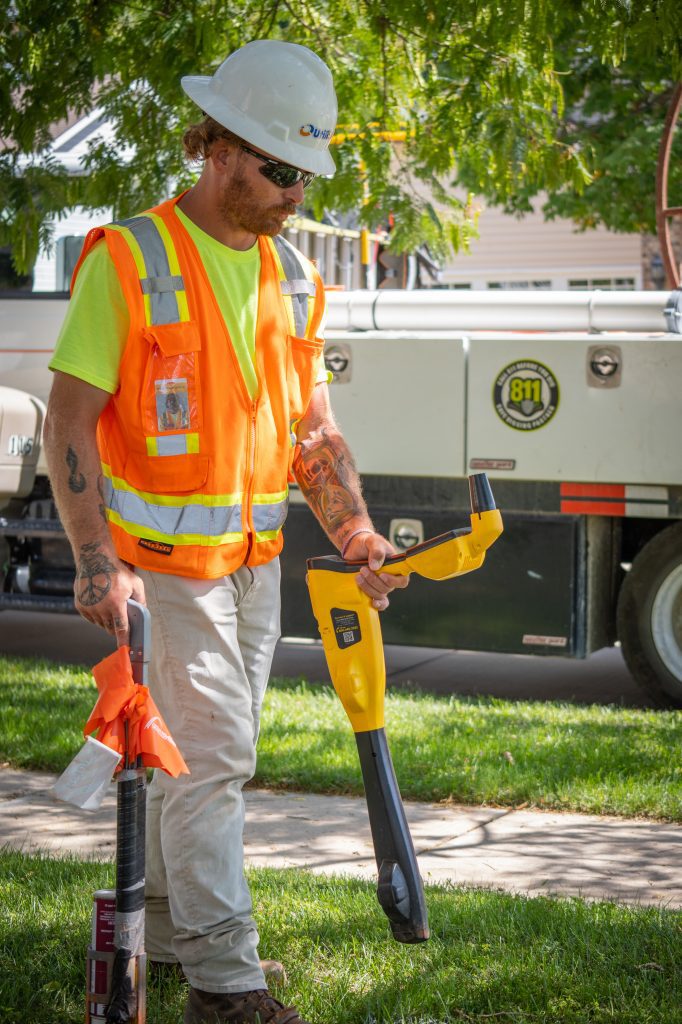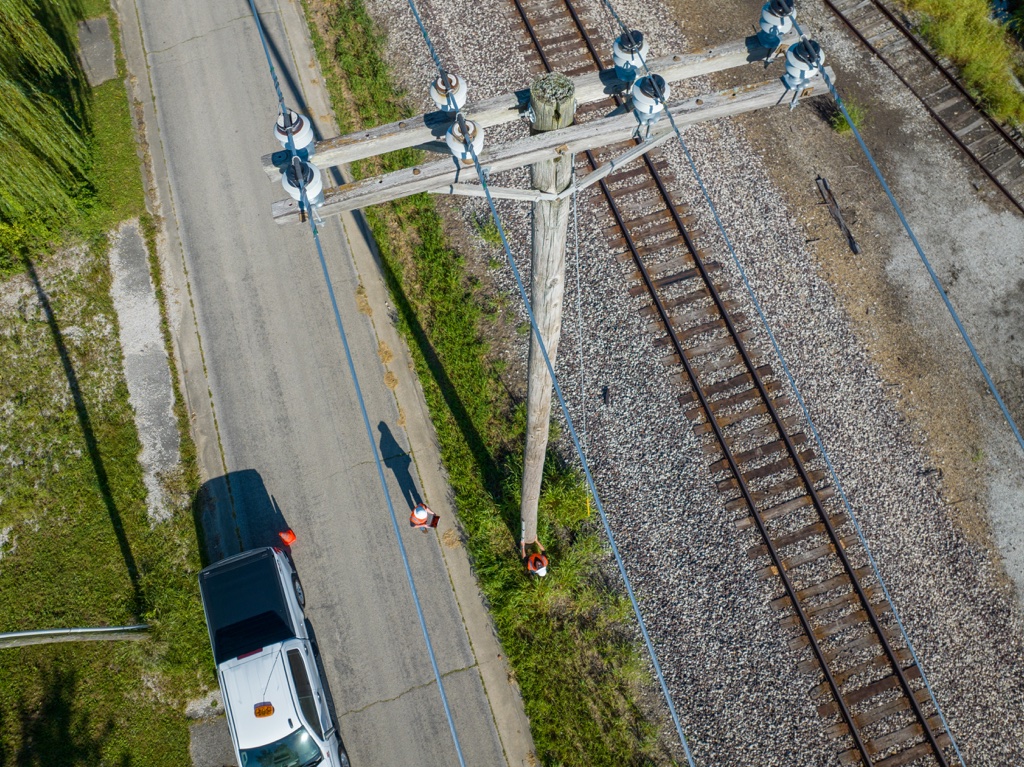Beneath our feet, a complex network of underground utilities, including PVC pipes, quietly perform their vital functions. Whether you’re planning to dig, renovate property, or find PVC pipes on your land, knowing how to find them is important. In this blog post, we’ll cover underground PVC pipe locators, how they work, and the best ways to find buried pipes.
Understanding Underground PVC Pipes
People commonly use PVC (polyvinyl chloride) pipes for various functions. They are mostly used in water systems and as water lines for water supply, drainage, and irrigation. These plastic pipes are durable and cost-effective, making them a preferred choice for many plumbing and utility installations. However, their underground location can pose challenges when locating and identifying their exact routes.
Methods for Finding PVC Pipes Underground
- Visual Inspection: In some cases, PVC pipes may be partially visible above ground. Check for any visible pipes leading from your building or near utility access points.
- Utility Locating Services: Underground utility locating services use special equipment and skilled professionals to find PVC pipes and other utilities precisely. These services use a combination of electromagnetic and ground-penetrating radar (GPR) technologies to provide precise information.
- Ground Penetrating Radar (GPR): GPR is a technology that sends electromagnetic pulses underground and reads the reflected signals to identify what’s under the surface, including PVC pipes. However, its effectiveness in locating PVC pipes depends on factors such as pipe material and depth.
- PVC Pipe Locator Rental: You can get underground PVC pipe locator rentals from equipment rental providers. These handheld devices use electromagnetic signals to detect the location of underground PVC pipes.
Is There a Plastic Pipe Detector?
Yes, manufacturers design underground detectors to locate plastic pipes, including PVC pipe. These PVC pipe detectors use electromagnetic technology to locate and trace the path of non-metallic pipes. They are beneficial when dealing with plastic pipes, as traditional metal detectors would be ineffective.
The Best PVC Pipeline Locator
Determining the best PVC pipeline locator depends on your specific needs and project scope. Here are a few options to consider:
- Radiodetection RD7100: This is a popular choice among professionals for locating various utility lines, including PVC pipes. It offers accuracy and flexibility.
- SubSurface Instruments PL-1500: Renowned for its user-friendliness and effectiveness in finding non-metallic pipes.
- Ridgid 19238 NaviTrack Scout Locator: Crafted for tracking underground utilities, including PVC pipes. It offers both accuracy and reliability.
- UtiliTrac TMX2 Locator: The UtiliTrac TMX2 Locator excels at effortlessly locating non-metallic pipes, including PVC. It’s a versatile choice for utility locating.
However, in most cases, locating underground objects and utilities is best left to the professionals. Reliable, good equipment is expensive and you may not know exactly what you are looking for. Contacting professional locate services, such as UtiliSource, can help you identify where any pipes are located in the ground.
Can Ground Penetrating Radar Detect PVC Pipe?
Ground-penetrating radar (GPR) can detect PVC pipes, but its effectiveness may vary depending on several factors:
- Pipe Material: GPR works best with materials with contrasting electromagnetic properties from the surrounding soil. While metal pipes are easily detectable, plastic materials like PVC may produce weaker signals, making them harder to identify.
- Depth: The depth at which you bury the PVC pipe can impact GPR’s ability to detect it. Shallower pipes are easier to detect than deeper ones.
- Soil Composition: The type of soil can influence signal penetration and reflection. Dense or clay-like soils may hinder GPR’s effectiveness in detecting PVC pipes.
Expert PVC Pipe Locating Services at UtiliSource
For those who prefer to leave the task to experts, underground utility locating services are available. These services often combine electromagnetic equipment, GPR, and skilled technicians to locate and mark PVC pipes. They can also find the locations of other utilities like electric lines, sewer lines, and other underground pipes or buried objects. They can provide comprehensive reports and ensure excavation or construction work proceeds without damaging buried infrastructure.
UtiliSource offers a variety of private locate services. They offer reliable services and accurate utility maps. Contact them today to book an appointment or to learn more.
In summary, finding PVC pipes underground is essential, whether for construction, maintenance, or understanding your property’s utility layout. With numerous methods and tools available, choose the one that best fits your needs and project conditions. Having accurate information about PVC pipe locations can save you time, money, and prevent potential issues during excavation or renovation.


